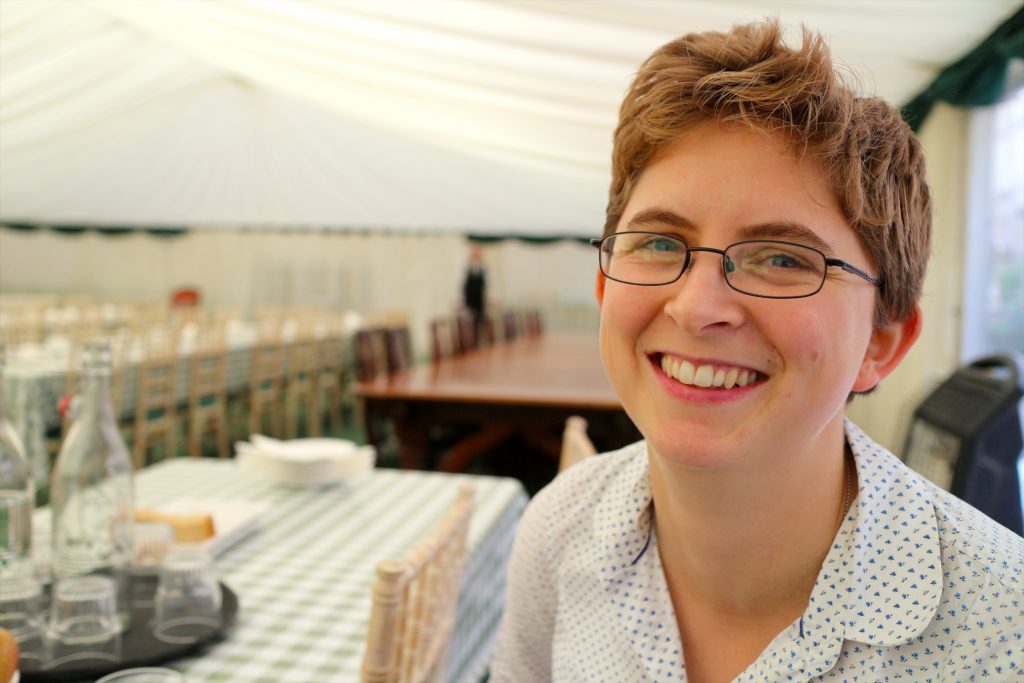“My background is in the political and social sciences, and I can connect with a lot of the ethical issues, the equality issues, making data sharing genuinely equal here and in other countries – that’s important to me.
I get a kick out of helping researchers. Working in a library context I was helping a student find an article they needed. Now I can sit down with a researcher and provide reassurance on their data management plan and that’s important too.
Having enough technical knowledge so that you can understand what’s going on, and also using liaison skills – I really like that combination. There’s a whole community at the university that is interested in open data, there are all these people who are really excited about it. I’m excited because there’s a community who is excited about the same things I am. It’s good that everyone’s still working out solutions for data sharing; you want to help build these resources, and a culture change.
But in the social sciences and humanities, we need to recognise we actually have data. There needs to be a default to open, which relies upon a change in culture and policy. We can archive some of these datasets through liaison with young researchers and learning how researchers work. Young researchers are going to be sustaining the effort, but this needs everyone’s participation.”

